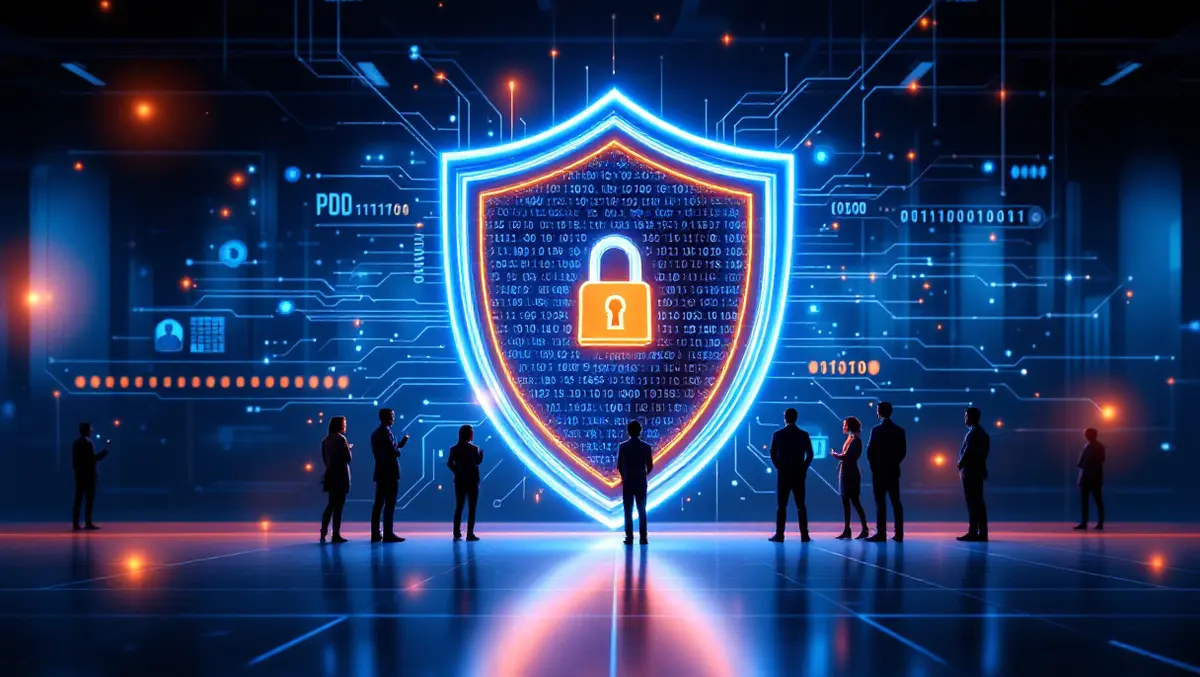
Kaspersky study: 71% in Asia Pacific back Cyber Immunity
Kaspersky has reported that 71% of cybersecurity professionals in Asia Pacific consider Cyber Immunity an effective approach for reducing the threat posed by cybercriminals.
The findings originate from a study commissioned by Kaspersky, which sought to understand how businesses are preparing for a dynamic cyber environment and to identify evolving themes influencing the future of IT security.
The research surveyed 850 cybersecurity professionals across Asia Pacific, the Middle East, Turkey & Africa, Europe, the Americas, and Russia.
A key focus of the study was to gauge respondents' familiarity with the term "Cyber Immunity" and their assessment of its effectiveness against cyber threats. Kaspersky defines Cyber Immunity as a patented concept where IT and operational technology (OT) systems are secure by design, through specific development methodologies and architectural requirements, resulting in inherent resilience to cyberattacks and reducing the need for external cybersecurity solutions.
According to Kaspersky's research, 85% of global respondents understand the concept of Cyber Immunity, with familiarity in Asia Pacific standing at a similar 84%.
Globally, among those familiar with the term, 73% consider Cyber Immunity to be a highly effective strategy for diminishing the ability of cybercriminals to breach networks and systems.
In the Asia Pacific region specifically, when asked about the benefits of Cyber Immunity, 28% of experts believe it could significantly reduce the frequency of cyberattacks. A slightly higher proportion (36%) feel it can limit the negative impacts of such incidents, while 35% think it can accomplish both outcomes simultaneously.
These results suggest a growing interest within organisations in the region in shifting from reliance on traditional, vulnerability-sensitive security solutions to systems designed to be secure from inception.
Adrian Hia, Managing Director for Asia Pacific at Kaspersky, said: "It is encouraging to see that cybersecurity professionals here in Asia Pacific are well-versed with our patented 'Cyber Immunity' concept and see the value it brings to their IT security frameworks. As the region continues its digital drive and integrate emerging technologies like AI, Cyber Immunity essentially becomes an imperative core of cybersecurity strategies that organizations should adopt."
In response to this apparent demand, Kaspersky has announced an expansion of its KasperskyOS operating system. Initially developed as a platform for building cyber-immune solutions in industries with stringent protection requirements, KasperskyOS will now serve as a general-purpose secure foundation across sectors making use of modern IT systems.
Kaspersky says KasperskyOS is intended not only to address cybersecurity challenges but also to strengthen overall infrastructure resilience. By allowing customers to build solutions directly on a secure platform, Kaspersky aims to provide an evolutionary step in cybersecurity—moving the approach from reactive patching of vulnerabilities to employing systems that are secure by design from inception.
Dmitry Lukiyan, Head of the KasperskyOS Business Unit, commented: "We shared these insights with global IT leaders at GITEX 2025. The findings confirm a shift we have long anticipated: organizations are moving beyond reactive tools and demanding systems that are secure by design. With our Cyber Immunity approach to creating secure by design systems, we offer the next step—not just detecting threats, but structurally preventing them. With the expansion of KasperskyOS from embedded use to a general-purpose secure platform, we are helping customers build resilient digital environments that are easier to manage, safer to operate, and ready for tomorrow's challenges."
Kaspersky participated at GITEX Asia as the Cyber Immunity partner and held a dedicated Kaspersky Cyber Immunity Conference at the exhibition venue. The event included presentations from industry experts discussing IT and OT convergence, the Cyber Immunity approach, and other cybersecurity themes. Attendees were offered insight into current cybersecurity threats and emerging risks anticipated for 2025.


